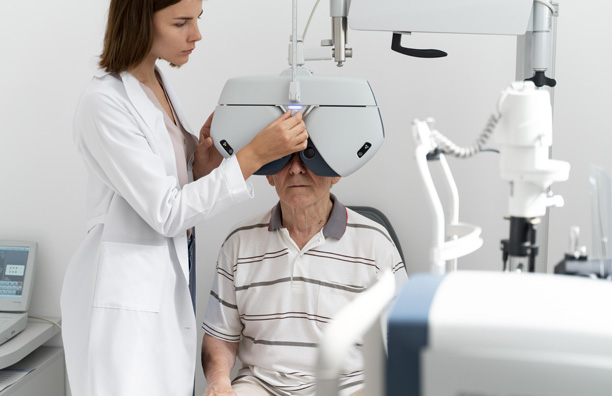
Are you considering a career in optometry? Pursuing a BSc in Optometry is an excellent choice for those passionate about eye care and vision science. As an essential healthcare field, optometry offers a rewarding and dynamic career path. In this blog, we’ll explore what you can expect from a BSc in Optometry program, including the curriculum, hands-on training, and career opportunities that await you after graduation.
A BSc in Optometry is a comprehensive undergraduate degree program designed to equip students with the knowledge and skills needed to excel in the field of eye care. The program typically four years, depending on the institution and country of study. During this time, students gain in-depth knowledge of the anatomy and physiology of the eye, optics, visual science, and ocular diseases.
The curriculum for a BSc in Optometry is both rigorous and rewarding, combining theoretical knowledge with practical experience. Here’s an overview of what you can expect to study:
One of the most exciting aspects of a BSc in Optometry program is the opportunity for hands-on training. Many programs include clinical rotations in hospitals, eye clinics, and optometry practices. During these rotations, you’ll work under the supervision of experienced optometrists, applying your knowledge in real-world scenarios. This practical experience is invaluable in preparing you for a successful career in optometry.
Graduating with a BSc in Optometry opens the door to various career opportunities in the eye care industry. Here are some potential career paths:
Optometry is a rapidly growing field with increasing demand for qualified professionals. A BSc in Optometry not only provides a strong foundation in eye care but also offers the opportunity to make a meaningful impact on people’s lives by improving their vision and overall quality of life. The blend of science, healthcare, and patient interaction makes optometry a fulfilling and dynamic career choice.
Embarking on a Bsc Optometry program is a significant step toward a rewarding career in eye care. With a comprehensive curriculum, hands-on training, and diverse career opportunities, this program equips you with the skills and knowledge needed to excel as an optometrist. If you’re passionate about eye health and looking for a career that combines science and patient care, a BSc in Optometry could be the perfect fit for you.
Explore your options, choose the right program, and take the first step toward a bright future in optometry!